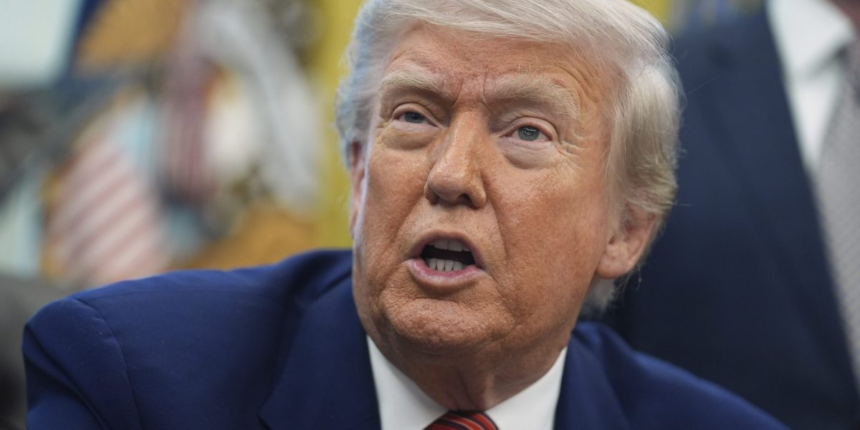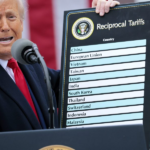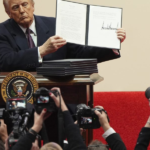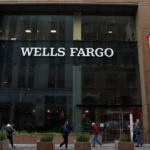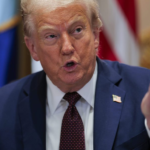Had the initial April 2 tariffs stayed in place, the companies in the JPMorganChase Institute analysis would have faced additional direct costs of $187.6 billion. Under the current rates, the $82.3 billion would be equivalent on average to $2,080 per employee, or 3.1% of the average annual payroll. Those averages include firms that don’t import goods and those that do.
Asked Tuesday how trade talks are faring, Trump said simply: “Everything’s going well.”
There is a growing body of evidence suggesting that more inflation could surface. The investment bank Goldman Sachs said in a report that it expects companies to pass along 60% of their tariff costs onto consumers. The Atlanta Federal Reserve has used its survey of businesses’ inflation expectations to say that companies could on average pass along roughly half their costs from a 10% tariff or a 25% tariff without reducing consumer demand.
The JPMorganChase Institute findings suggest that the tariffs could cause some domestic manufacturers to strengthen their roles as suppliers of goods. But it noted that companies need to plan for a range of possible outcomes and that wholesalers and retailers already operate on such low profit margins that they might need to spread the tariffs costs to their customers.
Treasury Secretary Scott Bessent said in a Tuesday interview that the concessions from the trade talks have impressed career officials at the Office of the U.S. Trade Representative and other agencies.


